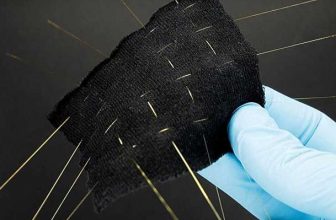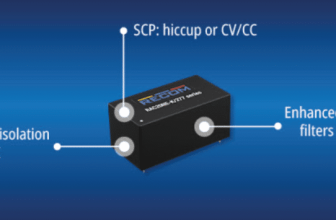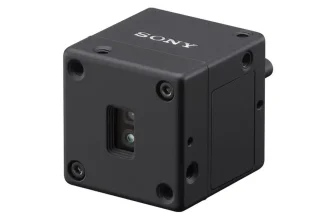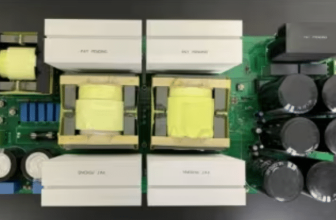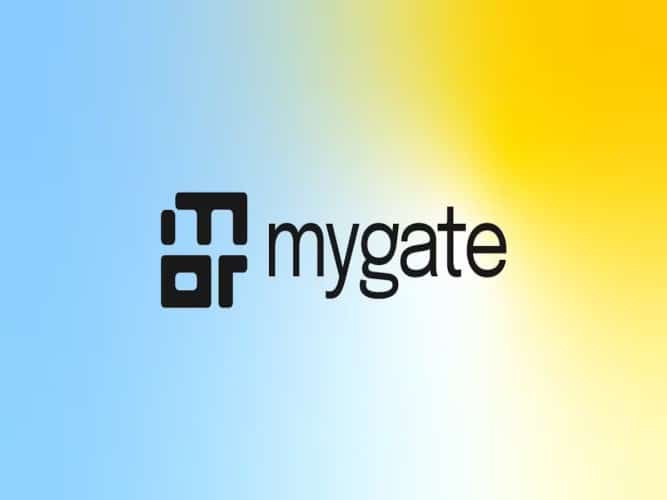
Check out our latest products
Location: Bengaluru
Company: Mygate
Experience: 3+ years of experience in hardware design, development, and testing, with a focus on embedded systems or consumer electronics

Job Description: We are seeking an experienced Hardware Engineer II to join our team and take on the responsibility of designing and developing high-performance hardware solutions for embedded systems, consumer electronics, or other innovative products. In this role, you will build upon your solid foundation in electronics and hardware design to contribute to complex projects, ensure the quality and reliability of our hardware, and collaborate closely with cross-functional teams.
Key Responsibilities
- Advanced Circuit Design & Development: Design, develop, and optimize complex electronic circuits and systems for embedded applications, including high-speed digital and analog designs. PCB Design & Layout: Lead the design and layout of printed circuit boards (PCBs) using industry-standard tools like Altium Designer, Eagle, or similar, ensuring signal integrity, power distribution, and manufacturability.
- Prototyping & Validation: Build and test prototypes, perform system-level validation, and analyze results to ensure product functionality, performance, and reliability. Identify and resolve design and integration issues.
- Cross-Functional Collaboration: Work closely with firmware, software, and mechanical engineering teams to ensure seamless hardware integration with other product components and meet overall product specifications.
- Optimization: Optimize hardware for power consumption, cost, performance, and manufacture ability while maintaining compliance with industry standards.
- Troubleshooting & Debugging: Lead the troubleshooting and debugging of hardware issues, using tools such as oscilloscopes, logic analyzers, and multimeter’s to identify and fix problems in both prototype and production hardware.
- Documentation: Create and maintain detailed design documentation, schematics, PCB layouts, and testing procedures to support development, production, and future iterations. Compliance & Regulatory Standards: Ensure hardware designs comply with industry standards and safety regulations, such as UL, ROHS, and EMC, and help prepare the product for certification.
- Mentorship: Mentor junior hardware engineers, providing guidance on design practices, testing, and troubleshooting.
Required Qualifications: Education: Bachelor’s or Master’s degree in Electrical Engineering, Electronics, Computer Engineering, or a related field (or equivalent work experience).
Skills
- Expertise in analog and digital circuit design, including high-speed design and power management.
- Proficiency with PCB design and layout tools such as Altium Designer, Eagle, or KiCad.
- Hands-on experience with testing and debugging hardware using oscilloscopes, logic analyzers, spectrum analyzers, and multimeters.
- Solid understanding of microcontroller’s, processors (ARM, AVR, etc.), and hardware interfaces like I2C, SPI, UART, and GPIO.
- Experience with design for manufacturability (DFM) and design for testability (DFT) principles.
- Ability to troubleshoot complex hardware issues and implement effective solutions.
- Strong understanding of electrical safety and regulatory standards for hardware design and certification.
Preferred Skills
- Advanced Design Techniques: Experience with high-speed PCB design, signal integrity, and managing multi-layer PCB designs.
- Wireless Design: Experience with wireless communication protocols such as Bluetooth, Wi-Fi, Zigbee, or cellular communications.
- EMC/EMI: Understanding of electromagnetic compatibility (EMC) and electromagnetic interference (EMI) design principles.
- Regulatory Knowledge: Experience with certifications such as CE, UL, FCC, or RoHS compliance and testing processes.
- Scripting & Automation: Familiarity with scripting languages (e.g., Python, Shell) for automating hardware testing and documentation.
- Mentorship: Proven experience mentoring or leading junior engineers in hardware development.
- Communication: Excellent communication skills, both written and verbal, with the ability to collaborate effectively within a team.
- Adaptability: Ability to work in a dynamic environment, adapt to changing requirements, and contribute to multiple aspects of the firmware development lifecycle.


![[5G & 2.4G] Indoor/Outdoor Security Camera for Home, Baby/Elder/Dog/Pet Camera with Phone App, Wi-Fi Camera w/Spotlight, Color Night Vision, 2-Way Audio, 24/7, SD/Cloud Storage, Work w/Alexa, 2Pack](https://m.media-amazon.com/images/I/71gzKbvCrrL._AC_SL1500_.jpg)



![[3 Pack] Sport Bands Compatible with Fitbit Charge 5 Bands Women Men, Adjustable Soft Silicone Charge 5 Wristband Strap for Fitbit Charge 5, Large](https://m.media-amazon.com/images/I/61Tqj4Sz2rL._AC_SL1500_.jpg)


